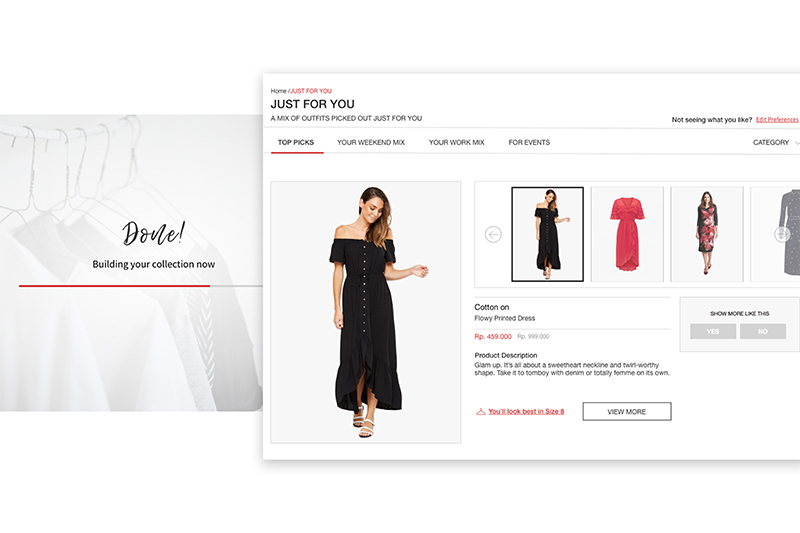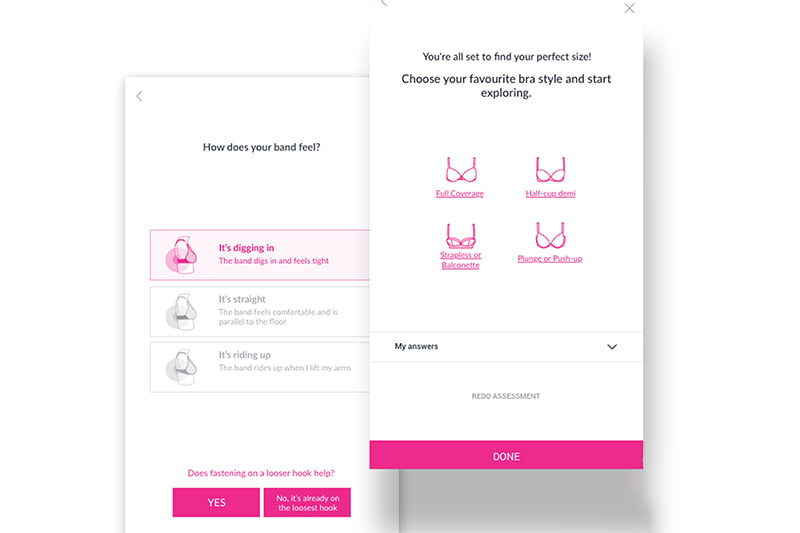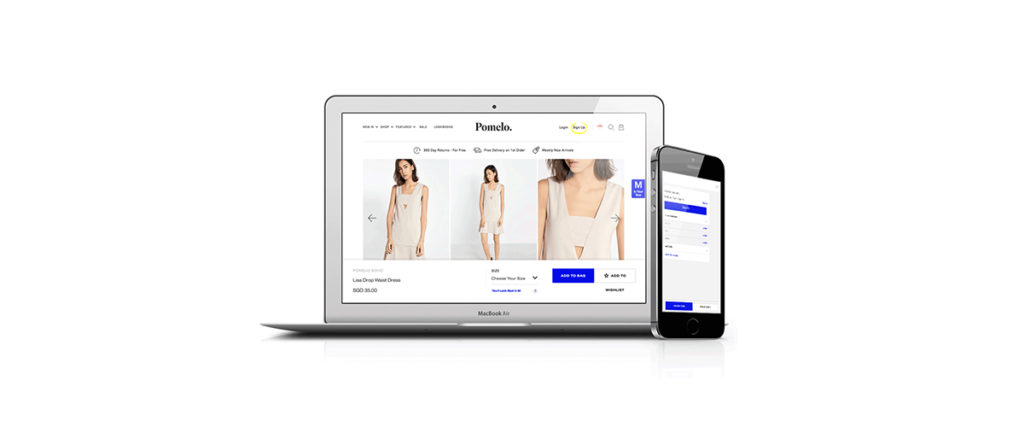Pixibo wants to address one of the biggest issues the online fashion industry faces – the high return rate of clothes that don’t fit. Find out why the future of retail is in personalised technology that serves both sellers and buyers.
Ask any online retailer what their biggest woe is and you’ll find most tell you it’s their returns rate. As CNBC revealed in 2016, in the US, return rates of almost 40 per cent for online merchandise stand in the way of profit, with fit – or rather the lack of it – being named regularly as the largest factor driving them. Described by Pixibo CEO and Co-Founder, Rohit Kumar, as “fashion’s oldest unsolved problem,” it’s this very issue that he and his team have set out to address with the company’s software plug-in. He talked Hive Life through his vision for the future of retail.

Rohit founded Singapore-based startup Pixibo in 2016 alongside his high school classmate Karthik Srinavasan. “We used to sit at the back of the class, often disrupting it,” he remembers. “Now, we are disrupting the market!” But why did they want to be disrupters in the first place? The entrepreneur says the idea was conceived when he was working at the German ad-bidding platform Sociomantic. “Because of my job, I gained a deep experience of the way fashion e-commerce sites operate and some of the unique challenges they face,” he explains. “Their conversion rates are really low, whilst their return rates can be as high as 50%. That means one out of two purchases are returned.”
Rohit identified the major culprit in this problem as being the size chart. “Size is so messed up, it’s so confusing,” he says. With no international standard, a US medium may be bigger than an Italian extra large, which leads to customers ordering two or three of the same garment in different sizes, intent on returning those that don’t fit. “But, going through all this is such a headache,” states Rohit – and one which harms the consumer experience. “Fashion is more about heart than head. You see something, you like that, you buy it. But then size gets in the way and takes away that excitement,” he continues. And that’s the reason why Pixibo was born. “We’re here to remove that friction, so the only decision you have to make is whether or not you like it, and whether or not you can afford it.”

Pixibo is not the first personalisation platform to hone in on this problem. Over the past decade, similar platforms such as True Fit and Fit Analytics have emerged, but the application rate of the technology remains low. Rohit pinpoints, “the integration process is incredibly complicated for the retailers, who lack the capacity to make these integrations. So even when there’s this great idea that could solve the problem, it takes months, if not years, to execute.” Aware of this technical constraint, Rohit and his team of engineers locked themselves into building software that could be set up and used easily. After spending a year “under a rock,” the Pixibo team finally put out their size and fit service in 2017.
As promised, their service is a no-brainer. Shoppers simply need to input basic information such as height, bra size and waist size on the shopping site. Combining these attributes with the data of garments provided by the brand, including the dimensions of products and stats of the models, Pixibo then gives them accessible and digestible size advice. “Our algorithm Pi will tell you that you should go for one size bigger than your usual garment size because the chosen item, say a bodycon dress, has a body-hugging design,” Rohit explains. It’s a much more personal approach than the usual segmentation by general size of shoppers in a particular region.

In less than 12 months since the commercialisation of the solution, Pixibo’s size and fit service has won the endorsement of some of the largest online fashion retailers in Asia and beyond, counting big players such as Pomelo and MAP Indonesia in its partner list. Retailers have witnessed an uplift in conversions since their implementation of the service, with Netherlands e-retailer Shoeby reporting rates about 70% higher since its introduction of the software. Another Netherlands e-tailer, JoshV, said it had seen a 23% reduction in return rates.
Building on this success, Pixibo has recently launched their second service, a discovery tool that acts as a personal shopper offering product recommendations based on consumers’ physical attributes, stated preferences and previous purchases. Just as Netflix curates a list of shows out of its thousands of pieces of content for each user, Pixibo aims to achieve the same level of personalisation in what Rohit believes is a win-win for both customers and retailers.“There’s a connection between personalisation and loyalty. Fashion is fast getting competitive, the brands that will survive will be the ones that absolutely nail personalisation,” he declares. “Like Pi (a mystical number with an infinite decimal that never repeats itself in a pattern), everyone’s different. With this philosophy in mind, Pixibo promises to help fashion e-commerce providers to achieve the true one-to-one personalisation and help every shopper to find what they are looking for, in the simplest manner.”
x
Related Articles
6 Best CMS Platforms for Your E-Commerce Business





